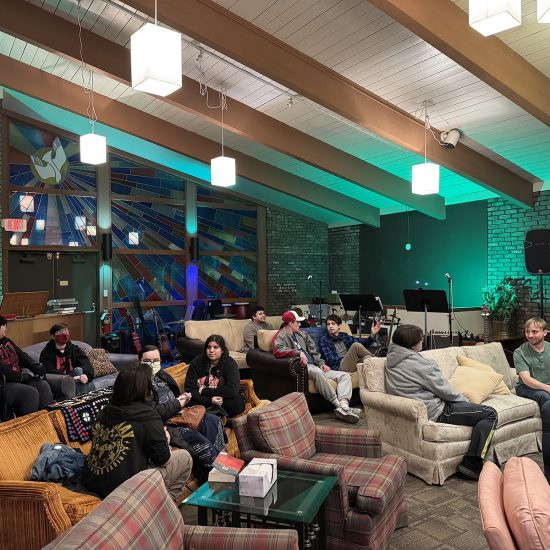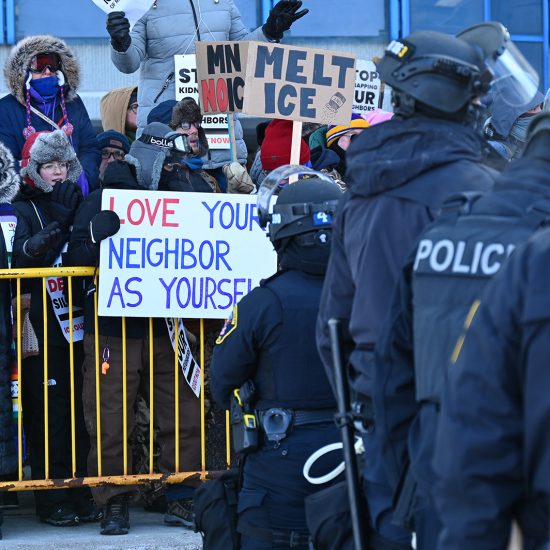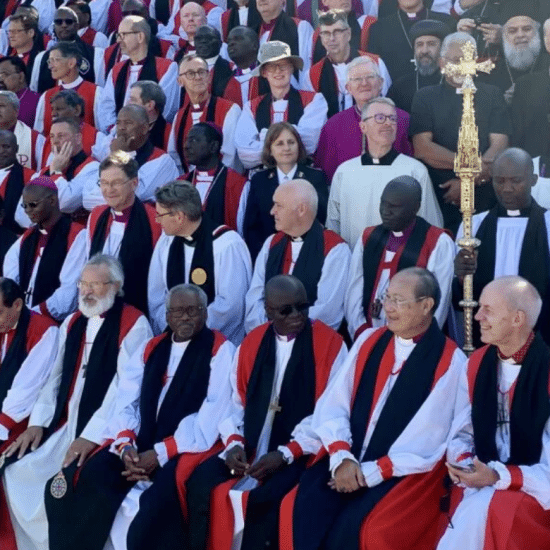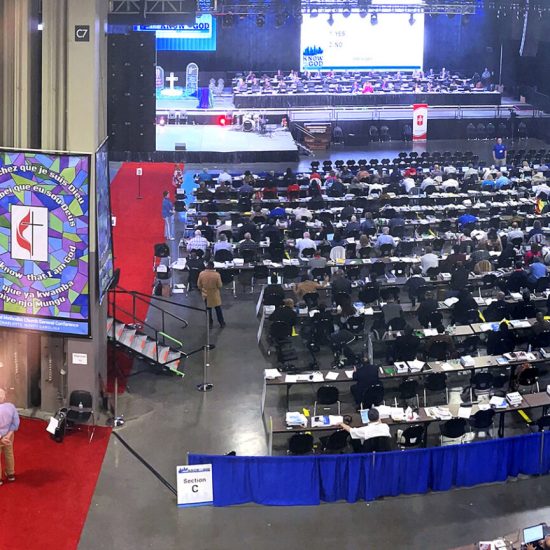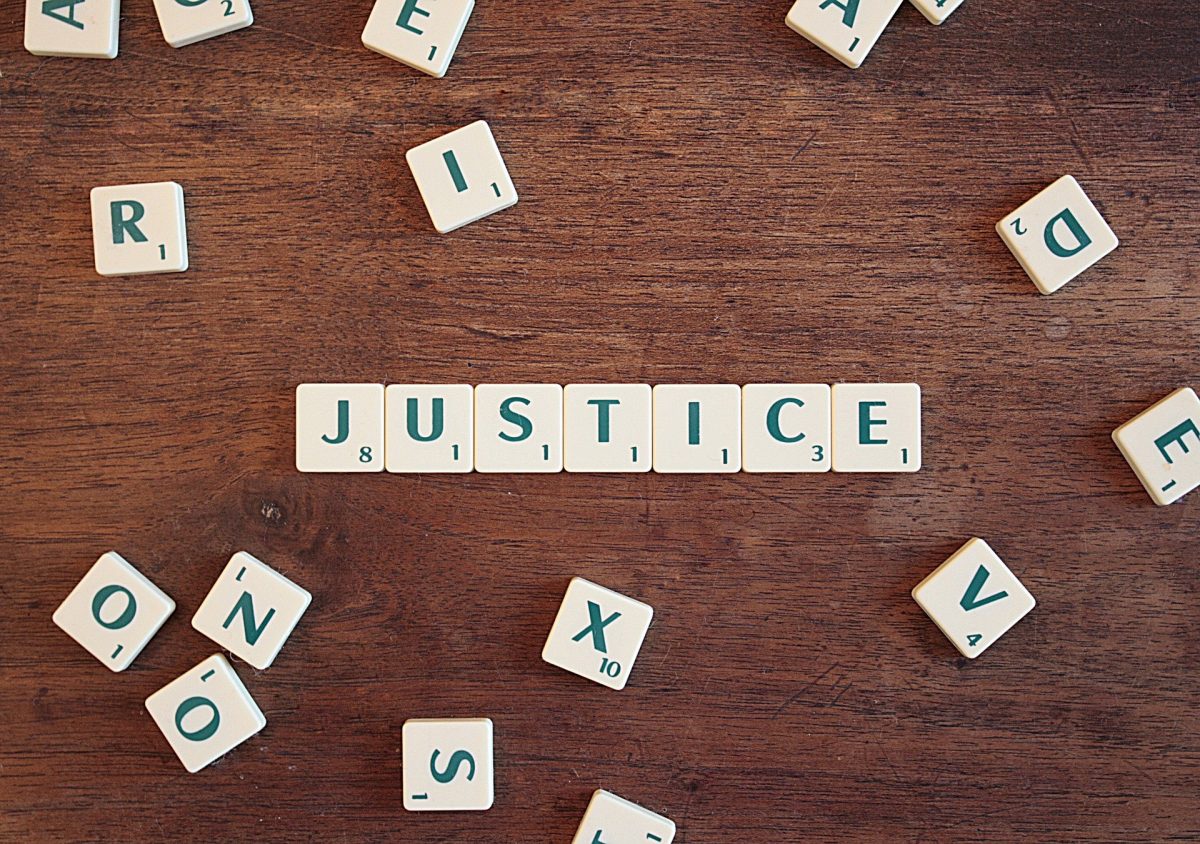
You keep using that word. I do not think it means what you think it means.

Greg Mamula
The immortal words of Inigo Montoya from the cult classic film The Princess Bride can help shed light on the difficulty of being in dialogue with others. Telling your story is holy and helps us process the world. But amid storytelling sometimes we can use simple words that hold multiple layers of meaning. What I as a storyteller mean by a word or phrase may not be what a listener is hearing.
Retired pastor Tim Keller recently released an essay on “A Biblical Critique of Secular Justice and Critical Theory.” He opens by asserting that when Christians speak of justice, we may not all mean the same thing, even though we are all using the same word. He breaks down four broad worldview buckets that help define what some mean when they speak of justice. For Keller, these buckets are developed from a foundation of virtue theories.
First is a Libertarian view that emphasizes individual freedoms. When such a view calls for justice they mean they want to be allowed to pursue a life free from oversight by larger bodies, i.e. government and institutions. It is a freedom ‘from’ something. Injustice is any infringement upon these personal freedoms.
Second, is a Liberal pursuit of fairness. By liberal he means classic western liberalism upon which our modern democracy is rooted. The role of government and institutions is to ensure that everyone at least has an equal and fair start. Liberal justice is not responsible for outcomes, only starting point. Injustice is when people do not have an equal playing field and do not have the same starting point in life.
Third is a Utilitarian perspective that emphasizes the greatest good for the greatest number of people. If an activity or law makes 51% happy then it is deemed good. Injustice is when my happiness is infringed upon.
Finally, he mentions a Postmodern power-based understanding of justice. Those with power lord it over those without power. Injustice is experienced in every aspect of life by those without power and those with power are essentially the source of that injustice.
Keller compares each of these models with his five-point understanding of biblical justice. To be sure these are broad tropes and some of his arguments are weak, and Keller has received pushback for his essay. For me it is because he only uses one New Testament reference in the entire conversation about biblical justice.
 But his observations that we do not all mean the same thing when we call for justice should help us better understand where the communication barriers break down, especially on so important a topic. The word may not mean what we think it means. Our conversations are crossing past one another.
But his observations that we do not all mean the same thing when we call for justice should help us better understand where the communication barriers break down, especially on so important a topic. The word may not mean what we think it means. Our conversations are crossing past one another.
Many important topics and issues in our culture right now fit into this concept of conversational ships passing in the night because we do not mean the same thing when we enter into a conversation with friends, family, neighbors, and colleagues in person and online.
Take the LGBTQI+ conversation as an example. Many of my friends come into that conversation rooted in a perspective of identity. When they speak of justice, they are talking about being validated in their personhood as LGBTQI+. I have other friends who come into the same conversation from a sexual ethic perspective. For them, justice is about right behavior regardless of identity. Still others enter into the fray from a live and let live perspective (utilitarian) or equal rights regardless of identity (liberal) or it is my body to do with as I please (libertarian) perspectives.
Inevitably chaos ensues, feelings are hurt, and relationships damaged because they are each calling for love, compassion, and justice, they just do not mean the same thing despite using common words.
I think we are in desperate need better communication with our brothers and sisters in Christ. There needs to be justice in our world on racial, social, economic, gender, and sexual disparities. But how to come to the best justice available will require us to enter deep, long, and interpersonal, conversations with people that cannot be done through social media alone. It will require sitting at tables laden with food and
drink and good stories.
We must listen, truly listen, to others and hear what justice and injustice looks like to them, and share what justice and injustice looks like in turn to us. We can pray together and beg the Spirit of God through the power of the resurrection of Jesus to lead us together into the best justice for each given situation we are facing together as a community.
Perhaps if we can do that hard work together, we can look into the eyes of the person at the table with us and say, “You keep using that word. I think I understand what you mean.”
Rev. Dr. Greg Mamula is the Associate Executive Minister for the American Baptist Churches of Nebraska. He is author of Table Life: An Invitation to Everyday Discipleship, to be published by Judson Press. Visit table-life.org to learn more about his ministry and writing projects.

